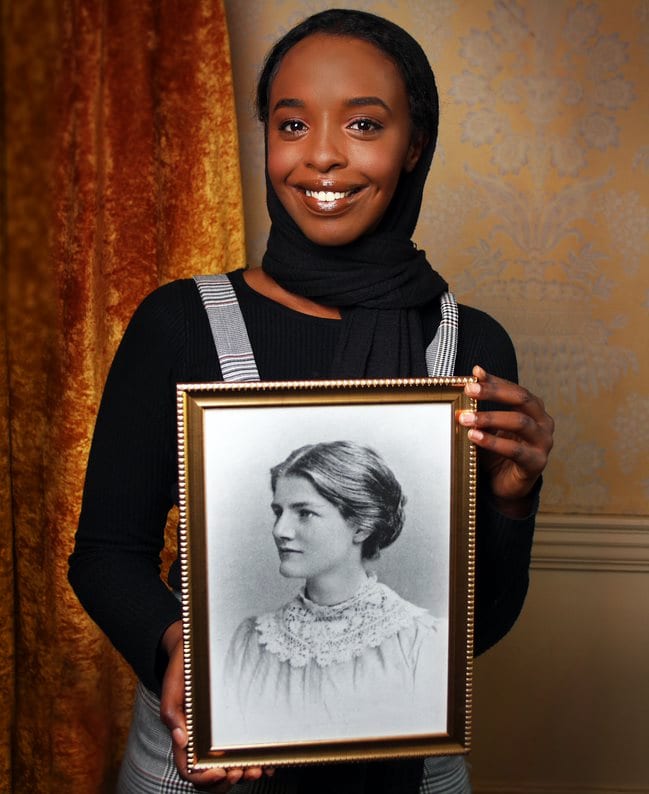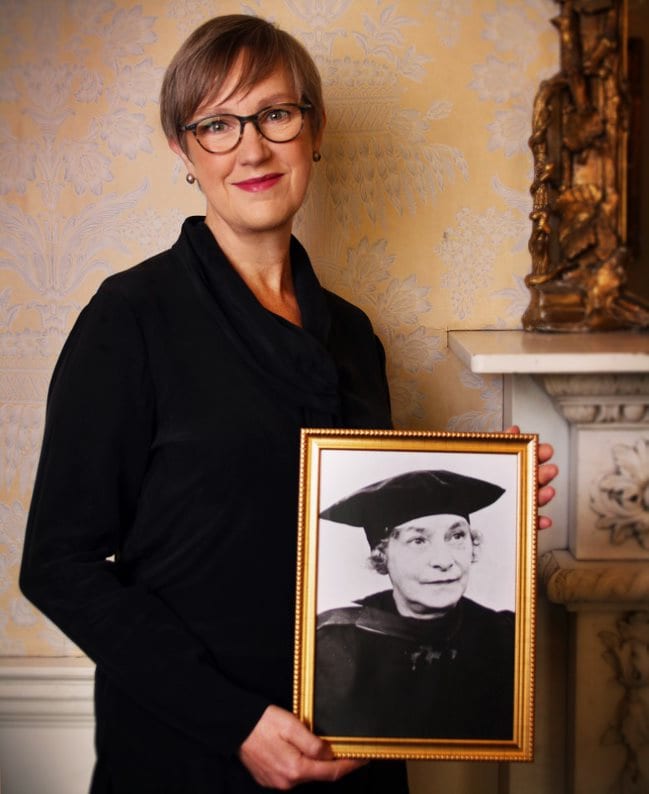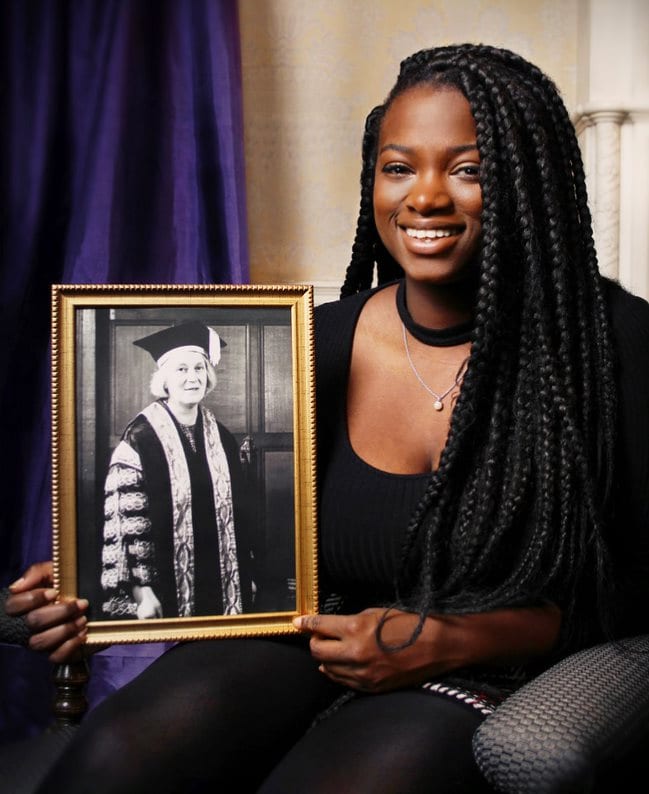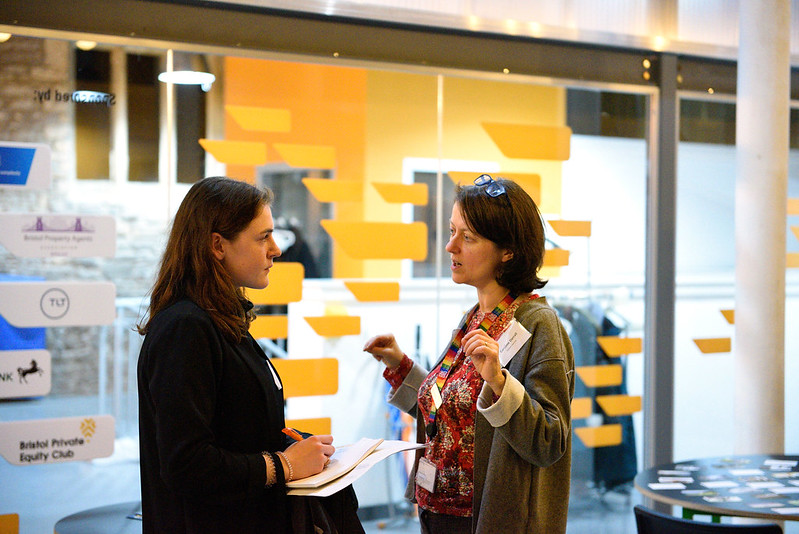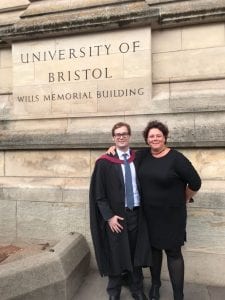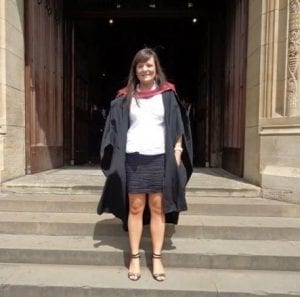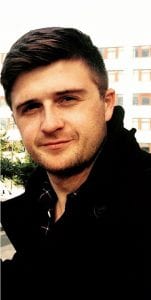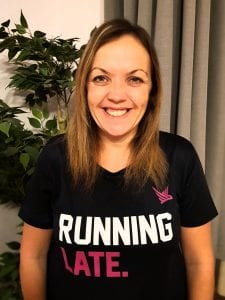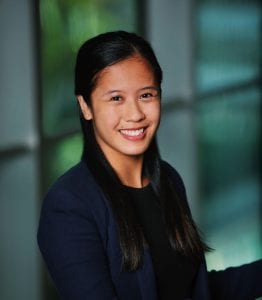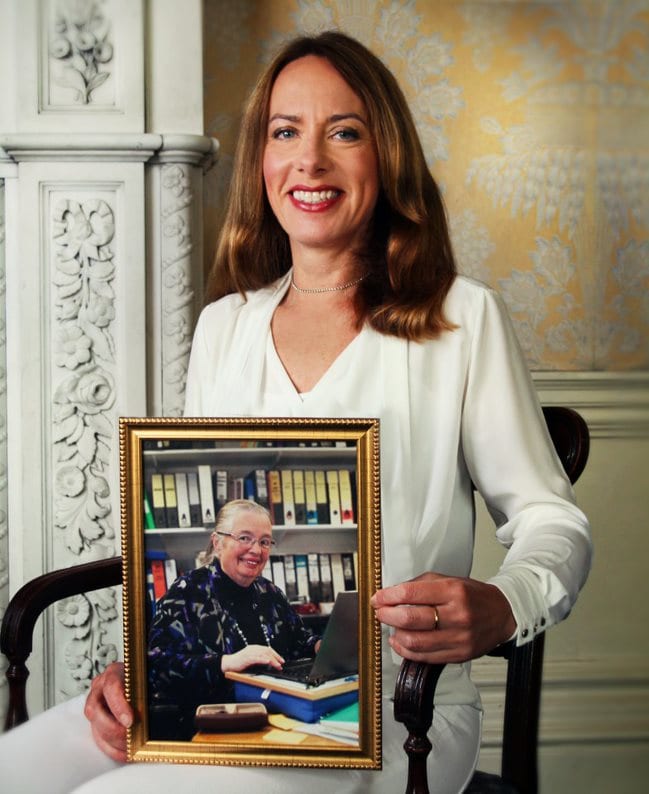Get your 2019 goals off to a running start this year by running the Great Bristol 10k with the University of Bristol team. 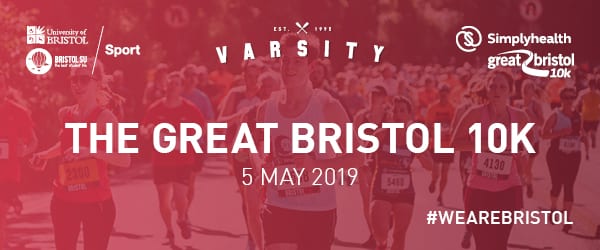 On 5 May, Bristol students, staff and alumni will come together to run The Great Bristol Run 10K. Whether you’re looking to get fit for 2019 or looking for that next challenge, together we can make sure it’s a home run for everyone.
On 5 May, Bristol students, staff and alumni will come together to run The Great Bristol Run 10K. Whether you’re looking to get fit for 2019 or looking for that next challenge, together we can make sure it’s a home run for everyone.
We have discounted places for all our runners as well as training plans, Run Leaders and more, to keep you lacing up your shoes and flying the flag for Bristol. Never run before? No worries! The Great Bristol 10K is for everyone, from complete beginners to elite athletes.
Why run with the University of Bristol?
- You’ll get a limited-edition t-shirt to wear during the run, and exclusive access to our couch-to-10k package.
- You can meet and train with people just like you by joining one of our social running groups to support your 10K journey and meet people from across the University, including our students, staff and alumni like you. You can choose a run group aimed at your ability, led by a friendly, England Athletics Certified Run Leader.
- Get access to a selection of Training Plans online to help you prepare for race day.
- New to running? Join in with the 5K fun run on Sunday 24 March 2019, a great first test of your fitness and support to your training.
- Explore inspiring case studies from our community, describing personal journeys where exercise has brought real benefits to the lives of our students, staff and alumni.
- You can run alongside students, staff and other alumni on the day if you chose to be part of the Bristol Wave. You’ll have the same start time together and will take part in a group warm-up beforehand.
Sign up with friends and colleagues to make the most of a package of activities and resources, all of which are included in the cost of your entry fee.
Our 10K runners have the option to combine their training with fundraising for the University of Bristol’s Healthy Minds programme. Physical activity has been proven to boost mood and reduce feelings of anxiety, stress and depression, and this idea is at the heart of Healthy Minds: it taps into the proven benefits of exercise to support Bristol students affected by mental health difficulties.
If you choose to get involved, you’ll receive regular updates on the programme as well as fundraising tips. It’s easy to find out more and get started – after booking your place in the race, just go to our JustGiving page and click ‘start fundraising’.
_________________________________________________________
Any questions?
- Read our FAQs or contact Kirsty.tomlinson@bristol.ac.uk
- Introductory 10K 16-week training plan (PDF, 167kB)
The Healthy Minds programme helps University of Bristol students affected by mental ill health to get more active and maintain this behaviour in a supported, friendly environment. The three-month user-led programme includes sessions with a mentor, a tailored plan and support for future health maintenance, as well as access to a range of classes, clubs and sporting opportunities. The programme has yielded clinically significant improvements in wellbeing, positively impacting on more than 150 students over the past two years. You can choose to raise money for Healthy Minds by running the Great Bristol 10k, find out more on the JustGiving page.


